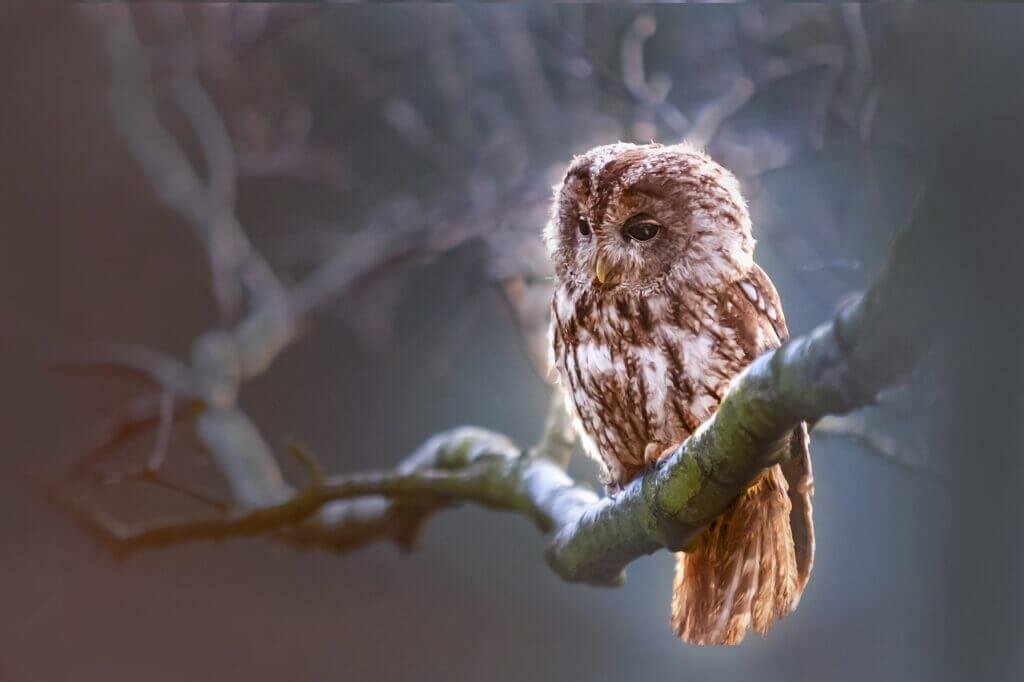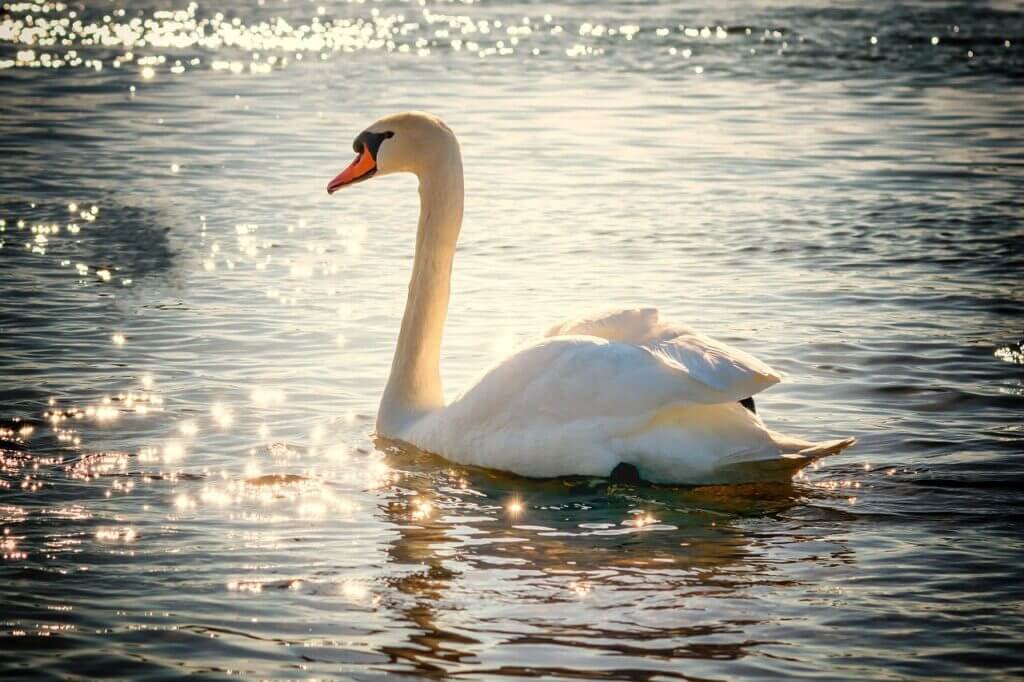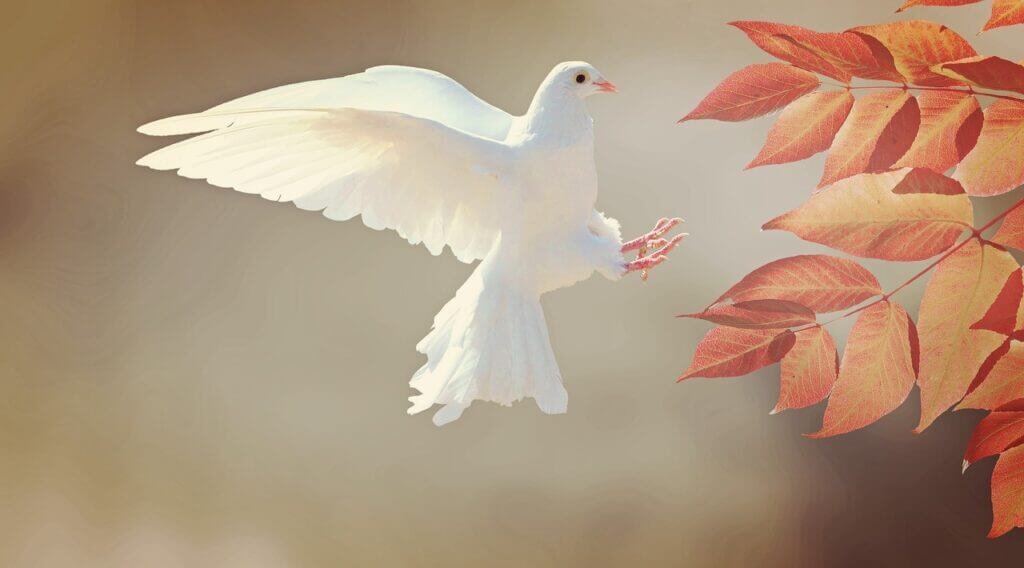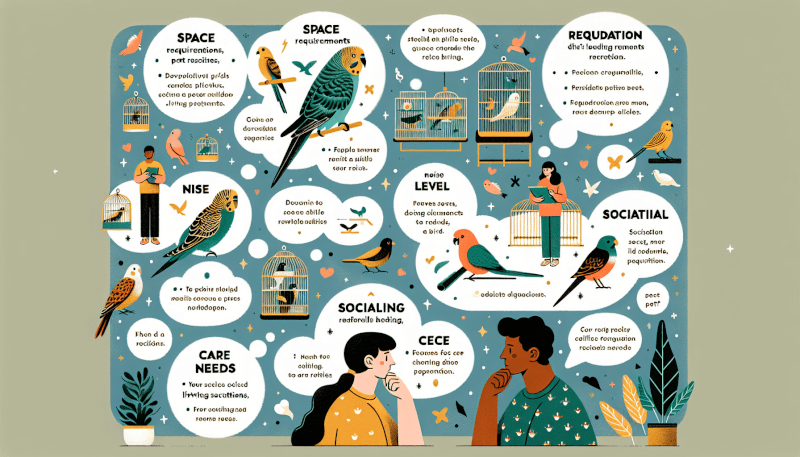Are you considering getting a pet bird, but not sure where to start? Choosing the right pet bird for your lifestyle can seem overwhelming, but with a bit of guidance, it can be a fun and rewarding experience. From the vibrant colors of parakeets to the majestic presence of cockatoos, this article aims to help you navigate through the different bird species, their care requirements, and their suitability to your lifestyle. Whether you’re a busy professional or a laid-back homebody, finding the perfect feathered companion is just a few steps away. So let’s embark on this delightful journey together and discover the ideal pet bird that will bring joy and harmony to your life.

Choosing the Right Pet Bird
When it comes to choosing a pet bird, there are several factors to consider that can help you make an informed decision. Researching different bird species, considering your lifestyle and commitment, and identifying your interests and preferences are all important aspects to explore. Additionally, understanding the physical characteristics and care needs, behavioral traits and socialization, lifespan and long-term commitment, budget considerations, allergies and health concerns, legal restrictions and permits, interaction and bonding, consideration for family and household, and rescue and adoption options are crucial in finding the perfect feathered companion for you.
Researching Different Bird Species
Before making a decision, it is essential to research different bird species to find the one that suits your preferences and lifestyle the best. Birds come in various sizes, temperaments, noise levels, and care requirements. So, take the time to explore the characteristics and needs of different bird species. For example, if you live in a small apartment, a smaller bird like a budgerigar or a lovebird may be a better fit. Conversely, larger birds such as parrots or cockatoos require more space and stimulation.

Considering Your Lifestyle and Commitment
The lifestyle and commitment you can offer play a significant role in choosing the right pet bird. Birds are intelligent and social creatures that crave companionship and mental stimulation. Therefore, it is important to evaluate your daily routine and the amount of time you can dedicate to your feathered friend. Some bird species require more interaction and attention, while others are more independent. Additionally, consider how your lifestyle may change in the future to ensure that you can accommodate your bird’s needs long-term.
Identifying Your Interests and Preferences
When selecting a pet bird, it is important to consider your own interests and preferences. Some people enjoy birds that can talk or mimic sounds, while others appreciate birds with vibrant colors or unique appearances. Assessing your personal preferences can help narrow down the options and choose a bird that will bring you joy and fulfillment. Remember, a pet bird is a long-term companion, so finding one that aligns with your interests is crucial for a happy and fulfilling relationship.

Physical Characteristics and Care Needs
Understanding the physical characteristics and care needs of a bird is vital to provide proper care and ensure their well-being. This includes considering their size and space requirements, diet and feeding habits, activity levels and exercise needs, as well as grooming and maintenance.
Size and Space Requirements
Different bird species vary in size, from small finches to large macaws. Consider the space you have available in your home and choose a bird that will comfortably fit in that environment. Larger birds require spacious cages and room to stretch their wings, while smaller birds can thrive in a more compact living area.
Diet and Feeding Habits
Proper nutrition is essential for the overall health of your pet bird. Each species has specific dietary requirements, including a variety of seeds, pellets, fruits, vegetables, and occasional treats. Research the dietary needs of the bird species you are considering and ensure you can provide a balanced and nutritious diet.
Activity Levels and Exercise Needs
Birds are active creatures and require mental and physical stimulation to prevent boredom and encourage natural behaviors. Some birds, like parakeets, thrive with regular interaction and playtime outside the cage, while others, like canaries, are content with more limited exercise. Consider your ability to provide adequate enrichment and exercise for the bird species you are interested in.
Grooming and Maintenance
Birds have specific grooming needs, including nail trimming, beak maintenance, wing clipping (if desired), and bathing. Furthermore, their cages and surroundings require regular cleaning to maintain a healthy environment. Research the grooming and maintenance requirements of the bird species you are considering to ensure you can meet their needs and keep them in optimal health.
Behavioral Traits and Socialization
Understanding the behavioral traits and socialization needs of a bird is essential in creating a harmonious relationship. This includes considering the bird’s temperament and personality, playfulness and intelligence, socialization and interaction, as well as noise level.
Temperament and Personality
Birds have distinct temperaments and personalities. While some may be more outgoing and friendly, others can be more reserved or even aggressive. Consider the type of behavior you are comfortable with and seek a bird that aligns with your personality.
Playfulness and Intelligence
Birds are highly intelligent and playful creatures that require mental stimulation and interaction. They enjoy toys, puzzles, and challenges that can keep them occupied and entertained. Research the playfulness and intelligence of different bird species to find one that matches your desire for an engaging and entertaining companion.
Socialization and Interaction
Birds are inherently social animals who thrive on interaction with their human caregivers. Some bird species require more socialization, attention, and mental stimulation than others. If you have the time and energy to dedicate to socializing and bonding with your bird, consider a species that will appreciate and benefit from your interaction.
Noise Level
Birds are vocal creatures, and their calls and vocalizations can vary greatly between species. If you have noise restrictions or live in close quarters with neighbors, it’s important to take noise levels into account when choosing a pet bird. Some species, such as canaries, are known for their melodious songs, while others, like some species of parrots, can be quite loud.

Lifespan and Long-term Commitment
Birds have varying lifespans, ranging from a few years to several decades. It’s essential to consider the lifespan of different bird species and the long-term commitment required to care for them.
Lifespan of Different Bird Species
Some bird species, like budgerigars or cockatiels, have an average lifespan of 10 to 15 years, while others, like macaws or cockatoos, can live for 50 to 80 years or even longer. Understanding the lifespan of the bird species you are interested in will help you make an informed decision about the level of commitment you are prepared to undertake.
Availability of Time and Resources
Birds require time and resources to thrive. Consider the amount of time you have available to spend with your bird each day, as well as the financial resources to provide proper care, including veterinary check-ups, quality food, toys, and cage equipment. Be honest with yourself about the commitment you are willing and able to make.
Long-term Responsibility and Care
Owning a pet bird is a long-term responsibility that requires commitment and dedication. Birds bond strongly with their human caregivers, and they rely on them for their physical and emotional well-being. Ensure you are prepared for the long-term responsibility and care a pet bird requires before bringing one into your home.
Budget Considerations
Owning a pet bird involves financial considerations beyond the initial purchase or adoption. It’s essential to assess your budget and evaluate the initial cost, ongoing expenses, and potential veterinary costs.
Initial Cost and Setup Expenses
The initial cost of owning a pet bird includes the purchase or adoption fee, as well as the setup expenses such as a suitable cage, perches, toys, food dishes, and bedding material. Consider the initial cost and ensure you have the financial means to provide everything your bird needs from the start.
Ongoing Expenses and Upkeep
Birds have ongoing expenses, including quality food, treats, toys, cage cleaning supplies, and regular veterinary check-ups. Research the ongoing expenses associated with the species you are interested in and make sure it aligns with your budget.
Potential Veterinary Costs
Just like any other pet, birds may require veterinary care throughout their lifetime. From routine check-ups to potential treatment for illnesses or injuries, it’s important to be prepared for unexpected veterinary costs. Consider investing in avian veterinary insurance or setting aside funds for potential medical needs.
Allergies and Health Concerns
Before bringing a pet bird into your home, it’s important to be aware of potential allergies and health concerns associated with bird ownership. Understanding these considerations can help ensure a safe and healthy environment for both you and your feathered friend.
Allergic Reactions to Birds
Some individuals may be allergic to bird dander or feathers. Symptoms can include respiratory issues, skin irritations, or eye irritation. If you or a family member have a history of bird allergies, it’s crucial to consult with a healthcare professional before bringing a bird into your home.
Potential Zoonotic Diseases
Birds can carry zoonotic diseases that can be transmitted to humans. Salmonella, psittacosis, and avian influenza are examples of zoonotic diseases associated with birds. Maintaining good hygiene practices, including washing hands after handling the bird, cleaning its cage regularly, and having routine veterinary check-ups, can help minimize the risk of disease transmission.
Maintenance of Clean Living Environment
Maintaining a clean living environment is essential for the health and well-being of your bird and yourself. Regularly cleaning your bird’s cage, providing fresh food and water, and implementing measures to prevent the buildup of dust or allergens can help create a clean and safe environment for both you and your pet.
Legal Restrictions and Permits
Before bringing a pet bird into your home, it’s important to research and understand any legal restrictions or permits required for bird ownership in your area. Laws regarding bird ownership can vary, particularly for endangered or protected species.
Researching Local Regulations
Contact local authorities or consult with organizations specializing in bird ownership to understand the specific legal requirements in your area. This includes restrictions on certain species, permits needed for ownership, or regulations on cage size or noise levels.
Acquiring Necessary Permits or Licenses
If your desired bird species requires permits or licenses, follow the appropriate legal procedures to obtain them. It’s essential to adhere to local laws and regulations to ensure the well-being and legality of your bird ownership.
Interaction and Bonding
Interacting and bonding with your pet bird is crucial for a happy and fulfilling relationship. Understanding how to handle the bird, communicate with it, and form a strong bond can enhance the overall experience of bird ownership.
Handling and Physical Interaction
Become comfortable with handling and physical interaction with your bird. Slowly introduce your hand and allow the bird to approach you at its own pace. This helps build trust and allows for safe and enjoyable physical interaction, such as gentle head scratches or step-up exercises.
Training and Communication
Training your bird using positive reinforcement techniques can be a rewarding experience for both you and your feathered friend. Teaching simple commands or tricks encourages mental stimulation and strengthens the bond between you and your bird. Additionally, developing consistent communication methods, such as using specific cues or words, helps facilitate understanding and cooperation.
Forming a Bond with Your Bird
Birds are social creatures that benefit greatly from forming strong bonds with their human caregivers. Spend quality time with your bird, engage in activities they enjoy, and be patient as you build a relationship. Remember, trust and friendship take time, so be consistent, patient, and understanding throughout the bonding process.
Consideration for Family and Household
When choosing a pet bird, it’s important to consider the compatibility of the bird with your family and the safety precautions necessary when introducing a new pet into your household.
Family Compatibility
Consider how a pet bird will fit into your family dynamics. Some bird species may be more suitable for families with children, while others may prefer a quieter environment. Educate all family members on proper bird handling and care to ensure the well-being of both the bird and the family.
Safety Precautions for Children and Pets
Young children and other household pets should be considered when bringing a pet bird into your home. Ensure that children are supervised when interacting with the bird and teach them how to handle the bird gently and safely. As for other pets, closely supervise their interactions with the bird, particularly during the early stages of introduction, and ensure that everyone’s safety is prioritized.
Adjusting Your Home Environment
Prepare your home environment to accommodate a pet bird. Ensure that the bird’s cage is placed in a safe and secure location, away from drafty or hazardous areas. Remove any toxic plants, chemicals, or small objects that could potentially harm the bird. Additionally, minimize noise levels and disturbances that could stress or startle the bird.
Rescue and Adoption Options
Considering rescued or adopted birds is a noble and compassionate choice. There are numerous reputable rescue organizations that specialize in finding forever homes for birds in need. Exploring rescue and adoption options can provide a loving and caring home for a bird while also bringing joy and fulfillment to your life.
Considering Rescued or Adopted Birds
Rescue and adoption birds can make excellent companions. Many birds in shelters or rescue organizations are looking for a second chance at happiness and can bring immense joy to their new families. By considering a rescued or adopted bird, you not only provide a forever home but also contribute to the welfare and well-being of the bird population.
Finding Reputable Rescue Organizations
When considering a rescued or adopted bird, it’s crucial to find reputable rescue organizations that prioritize the well-being of the birds in their care. Research local rescue organizations, visit their facilities, and inquire about their adoption process and policies. Reputable organizations will conduct thorough background checks and provide comprehensive information about the bird’s history and needs.
Preparing for Potential Challenges
Adopting a rescued bird may come with challenges unique to their history and experiences. Some birds may have behavioral issues or require rehabilitation due to neglect or abuse. Be prepared for potential challenges and consult with the rescue organization or an avian behaviorist to ensure you are equipped to provide the necessary care and support for the bird’s well-being.
By considering all these factors, you can make an informed decision and find the perfect pet bird that will bring joy, companionship, and fulfillment into your life. Remember, each bird has its own unique personality and needs, so take the time to understand their requirements and commit to providing a loving and caring home.


